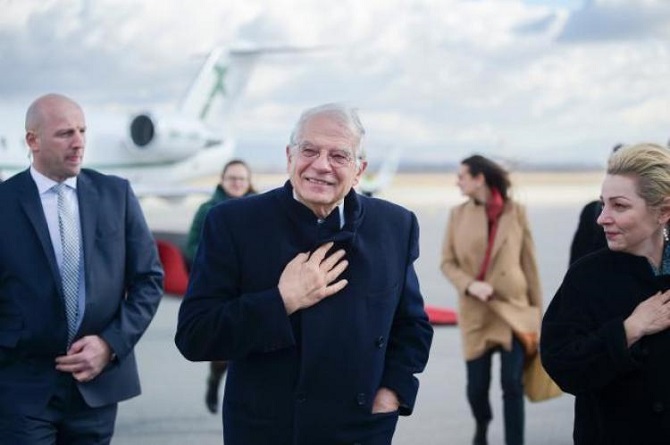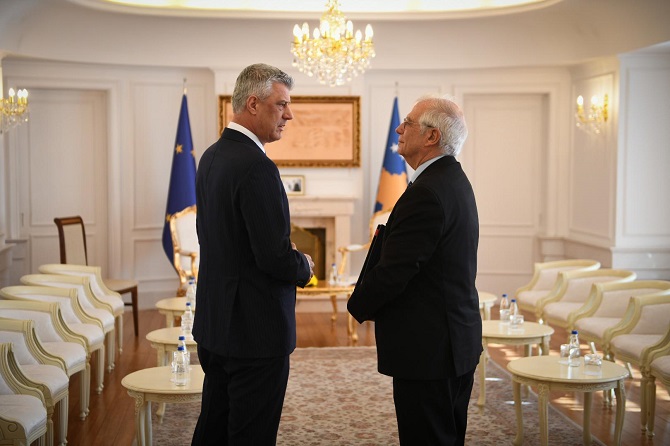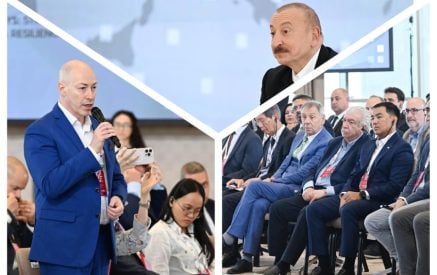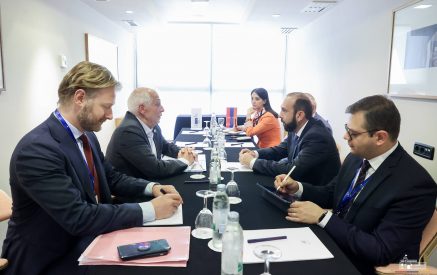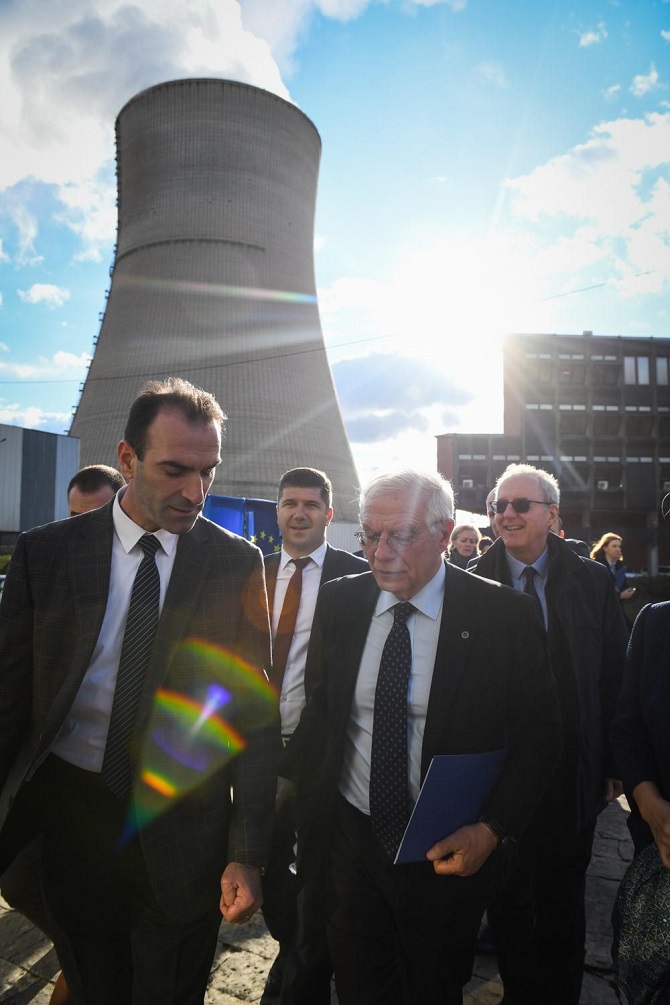On his first official visit to Kosovo, High Representative/Vice-President Josep Borrell met with political leaders including President Hashim Thaçi, political party representatives, civil society organisations, and visited the historic city of Prizren. As part of the Green Agenda for the Western Balkans, Borrell also launched a major EU-funded project which will significantly improve air quality in Kosovo.
On Thursday, the EU diplomacy chief visited Kosovo where he met with political leaders including President Hashim Thaçi, political party representatives as well as representatives of civil society organisations and opinion makers.
European perspective for Kosovo
Read also
The High Representative emphasised the European perspective of Kosovo and the rest of the region, and expressed his commitment to make it a reality. “I am here to offer collaboration, facilitate the dialogue with Serbia and ask for the trust and confidence to do so. The European Union is not complete without the Western Balkans. We need to advance together.”
On the Western Balkans and, in particular, the EU-facilitated Dialogue between Kosovo and Serbia, Borrell assured that this will be a top priority during his mandate. “This is a conscious decision I have made before starting my mandate, as I am convinced that the European Union is not complete without the Balkans.”
Kosovo is Europe and needs to be a part of the European Green Deal
During his visit Borrell also launched a major EU-financed project that will improve air quality in Kosovo.
“Air pollution is one of the most acute environmental problems affecting the Western Balkans, including Kosovo. With this investment, the EU is providing a concrete contribution to improve the environment in Kosovo and the region, as well as to improve the health and well-being of people. The European Green Deal is a deal for all of us in Europe, Kosovo included. With this project, we want to take a first step in this direction. We hope and expect that our determination will be matched by that of Kosovo’s policy makers,” Borrell highlighted.
Through the installation of new filters and other emission-reducing parts on the Kosovo B power plant, the project will significantly contribute to reliable and clean energy supply. It will lower the emission of harmful dust by 35 times and nitrogen oxides by 4 times, bringing it in line with EU standards.
Green agenda for the Western Balkans
The High Representative (further) emphasised that environmental pollution is a cross-border issue. Renewables, energy efficiency, tackling air and water pollution are needed in the whole Western Balkans.
“This is why, as part of the Green Deal, the European Commission has developed a Green Agenda for the Western Balkans. This will focus on the circular economy, climate action, de-pollution and biodiversity. The Commission is willing to step up support to boost renewables and energy efficiency, which must be part of the solution,” Borrell mentioned. “This will also help make the region more attractive for investments and tourism, and unlock significant economic potential of the green economy.”
The High Representative continues his Western Balkans trip traveling to Serbia on the 31 January.
European Union




















































